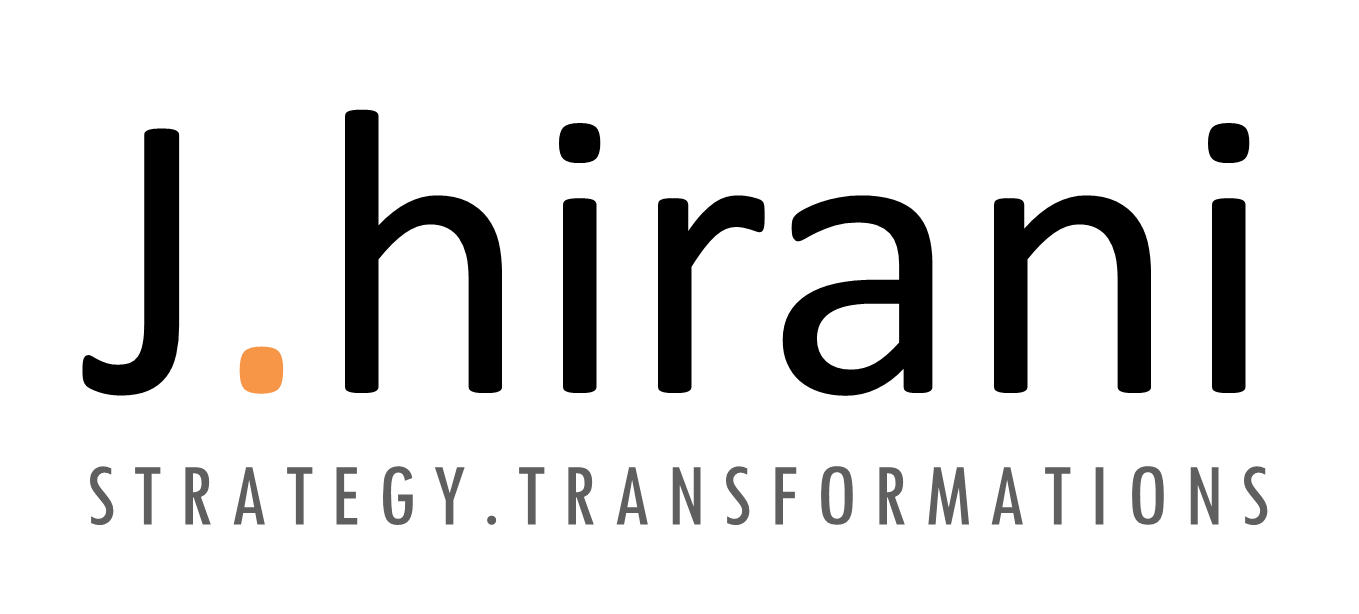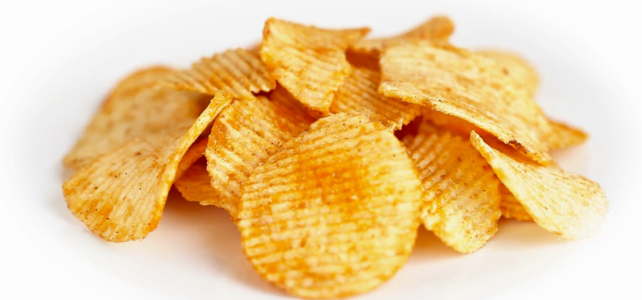Introduction:
 Food in India holds a value beyond a mere survival necessity. It holds the fort of sentiments, culture, heritage, innovation and way of living for millions of Indians. Over the course of time, India has travelled miles to come to the current state of food and consumption patterns witnessed today. As a testimony to this, from freshly-made snacks, we now see solid traction for packed, instant and ready-to-cook snacking food items. The Indian snacking food industry is a promising and a booming arm of the FMCG category, thanks to the evolving consumer consumption patterns. The shift in demographics is fuelling changes, as the fixed ‘three meals a day’ model seems to no longer be relevant. With the rise in busy lifestyles, millennial and Gen Z have adopted snacking attitudes and are making different snack choices based on health, convenience, brand and trust. Consumers are intentionally looking for snacks to indulge in, to satisfy a craving or to hold themselves up until their next meal.
Food in India holds a value beyond a mere survival necessity. It holds the fort of sentiments, culture, heritage, innovation and way of living for millions of Indians. Over the course of time, India has travelled miles to come to the current state of food and consumption patterns witnessed today. As a testimony to this, from freshly-made snacks, we now see solid traction for packed, instant and ready-to-cook snacking food items. The Indian snacking food industry is a promising and a booming arm of the FMCG category, thanks to the evolving consumer consumption patterns. The shift in demographics is fuelling changes, as the fixed ‘three meals a day’ model seems to no longer be relevant. With the rise in busy lifestyles, millennial and Gen Z have adopted snacking attitudes and are making different snack choices based on health, convenience, brand and trust. Consumers are intentionally looking for snacks to indulge in, to satisfy a craving or to hold themselves up until their next meal.
The Change
The big change that has been forced upon us with this corona virus, everything has changed so fast. All of the industries are impacted due to the pandemic and with the same there are a lot of changes which we can expect in all industries. In this article we will try to cover the how the pandemic have changed the snacking industry of the India.
Consumer Behaviour
Under ‘normal’ conditions, consumer habits shift at a rapid pace, but factor in a global pandemic and things change really quickly.
During the quarantine consumer behaviour have changed very significant, the demand for the snacks increased significantly as a result of boredom, binge watch with snacking habits, easy availability, low price and many others. There are two most important behaviour that consumer had picked during the quarantine which is shaping the future of the snacking industry.

Shift to Online:
Pandemic have caused people to stay indoors and due to same importance of the delivery service have increased. This has been reflected in online search trends. Prior to pandemic snacks home delivery searches were 5.4K monthly which reached to 14.8k per month as the pandemic strikes. Consumer data notes a 50% year on year increase in sales of cookies and salty snacks by 50%. The broad search term of ‘snacks’ have seen increase of 82% over the past 12 months, drawing in 301K monthly searches. Digging deeper, searches for ‘cereal bars’ have jumped by 22% to 27K searches.
Offline Shopping:
Offline shopping habits are increasingly shifting to the web, with 45% of consumers now shopping for food online. The snack market is no same with a multitude of ecommerce opportunities popping up across the sector. Also the same may be impacted by the partnership of face book and Jio as Jiomart has jumped many steps in customer acquisition by latching on the already deeply penetrated Whatsapp user base. Jio will be able to leverage Whatsapp pay making payments super easy and convenient both for the users and kirana shop owners. The digitization will not just be restricted to payments but will include the customer journey itself. Users will be able to order day to day products simply by sending a Whatsapp message to their local kirana shops
Preference of Healthy snacks
 The Preference of healthy snacks was shifting long before the pandemic but the pandemic have made the consumer more aware for the health.
The Preference of healthy snacks was shifting long before the pandemic but the pandemic have made the consumer more aware for the health.
“Shifting eating & lifestyle habits of the consumers continue to shape the global extruded snacks market. Nowadays, consumers have numerous snacking options at their disposal. The increasing popularity of the healthy snacks is compelling the manufacturers to develop and launch new products which are healthy in the snacks market” Could be the one of the headline in any of the newspaper because of following facts more and more people are becoming health conscious
– The rise in the number of social media influencers who promotes healthy lifestyle
– Increasing incidences of health disorders related to obesity
– The growth of digitization and free access to information has further increase awareness
– The Sedentary lifestyle coupled with the hectic work schedules is encouraging consumers to adopt the healthy life style
– R&D is making the healthy snacks as tasty as the junk snacks.
– Sales of digestive biscuit brand McVities were up by 100%.
Channel Partners
Retailers and Distributors are facing the challenges of the stock from the FMCG because of the three major reasons
– Disrupted Supply chains
– Factories are not running at full capacities
– They have to pick up the stock from the points when the retailers used to get stock delivered
This can result in the monthly stocking habits for the brands which are the most popular and or the products that sells themselves so all the retailers will try to pick up more of those stock due to which the small and not popular brands can face the challenges in sales. Also the preference of the bulk packaging will increase because of the customers demand for same. Also this can result in the decline sales of few variants and increase in few variants.
Retailers

Distributors

Organization (People)

 Labours: Manufacturing in the country won’t take off as soon as lock down restrictions are lifted due to an acute shortage of workers who have returned to their home states, industrialists said. Many of the manufacturing SMI’s are depended primarily on outstation employees for working their plants. Even if workers manage to move back to their workplaces, they may not be welcomed by their landlords due to fear psychosis, Many of the migrant workers can’t be replaced by locals because of the skills they’ve picked up over the years doing specific jobs. “Let us hire more, so that we produce more, that’s the message India’s top consumer goods companies like HUL, Nestle, PepsiCo, Parle Products, Britannia, ITCNSE and Mondelez have sent to the government. These companies want clearances to run facilities with a 75% cap on worker deployment in green and orange zones, and a 50-60% cap in red zones (excluding containment areas). The current cap is 33%. The communication has been sent to government through CII”
Labours: Manufacturing in the country won’t take off as soon as lock down restrictions are lifted due to an acute shortage of workers who have returned to their home states, industrialists said. Many of the manufacturing SMI’s are depended primarily on outstation employees for working their plants. Even if workers manage to move back to their workplaces, they may not be welcomed by their landlords due to fear psychosis, Many of the migrant workers can’t be replaced by locals because of the skills they’ve picked up over the years doing specific jobs. “Let us hire more, so that we produce more, that’s the message India’s top consumer goods companies like HUL, Nestle, PepsiCo, Parle Products, Britannia, ITCNSE and Mondelez have sent to the government. These companies want clearances to run facilities with a 75% cap on worker deployment in green and orange zones, and a 50-60% cap in red zones (excluding containment areas). The current cap is 33%. The communication has been sent to government through CII”
Short Term: FMCG BRANDS are witnessing the a huge disruption in their supply chain during the lockdown due to which many, Leading FMCG companies as Nestle India, Godrej Consumers Products Ltd and Dabur are providing special insurance covers to their ‘frontline’ workforce, including those of distributors, who are engaged in supply and distribution of their products during the coronavirus pandemic.
Long Term: There will be need of the agile organization as the word is realizing the market is becoming more and more volatile and there are frequent changes in the behavior of the market and to cope with the same it has become very important for the companies to change from traditional organization to agile who is constantly learning and growing with the market. Sales team is constantly taking the feed backs from the partners and the consumers on frequent basis and updating the R&D team and operations team and updating the process and the tastes according to the shifts in the market
Competition from Unorganized Players
The unorganized players’ sales during current situation can be boosted because of the supply chain challenges of the brands. Such players can be the gruh udhyog , khakra makers , the players who runs sweet mart ,etc can produce and supply at local level easily which can result into their sales. Talking about brands the small brands can lose the recently entered markets and will face the tough challenge to come enter the same market post pandemic while the big brands sales won’t be much affected in fact there will be rise in the demand for the same
Industry Conclusion:

Organization Conclusion:

Author:
 Agam Shah, A senior Business Analyst who is pursuing MBA in Finance has a varied experience in industries like Ceramic, Fashion retail, Garment Manufacturing, Food FMCG etc. He is an ambivert who loves spending time on research, listen to the soundtracks all the time while working. Dance along with photography and cinematography runs in his blood. Superheroes can still inspire his daily routine, another full time day dreamer in the team!
Agam Shah, A senior Business Analyst who is pursuing MBA in Finance has a varied experience in industries like Ceramic, Fashion retail, Garment Manufacturing, Food FMCG etc. He is an ambivert who loves spending time on research, listen to the soundtracks all the time while working. Dance along with photography and cinematography runs in his blood. Superheroes can still inspire his daily routine, another full time day dreamer in the team!
Like what you read, help us with your views in a minute:
About J.hirani: J.hirani is a Strategic Transformation team which works as a growth partner for different organisations in various industries by providing services like Agile transformation, Scenario mapping, Strategic alignment, Balance scorecard, Digital transformation, Incubating new ventures, Operation excellence and Aligning human capital.
©J.Hirani, Snack Food Industry – Possible Next Normal, July 2020. All rights reserved



